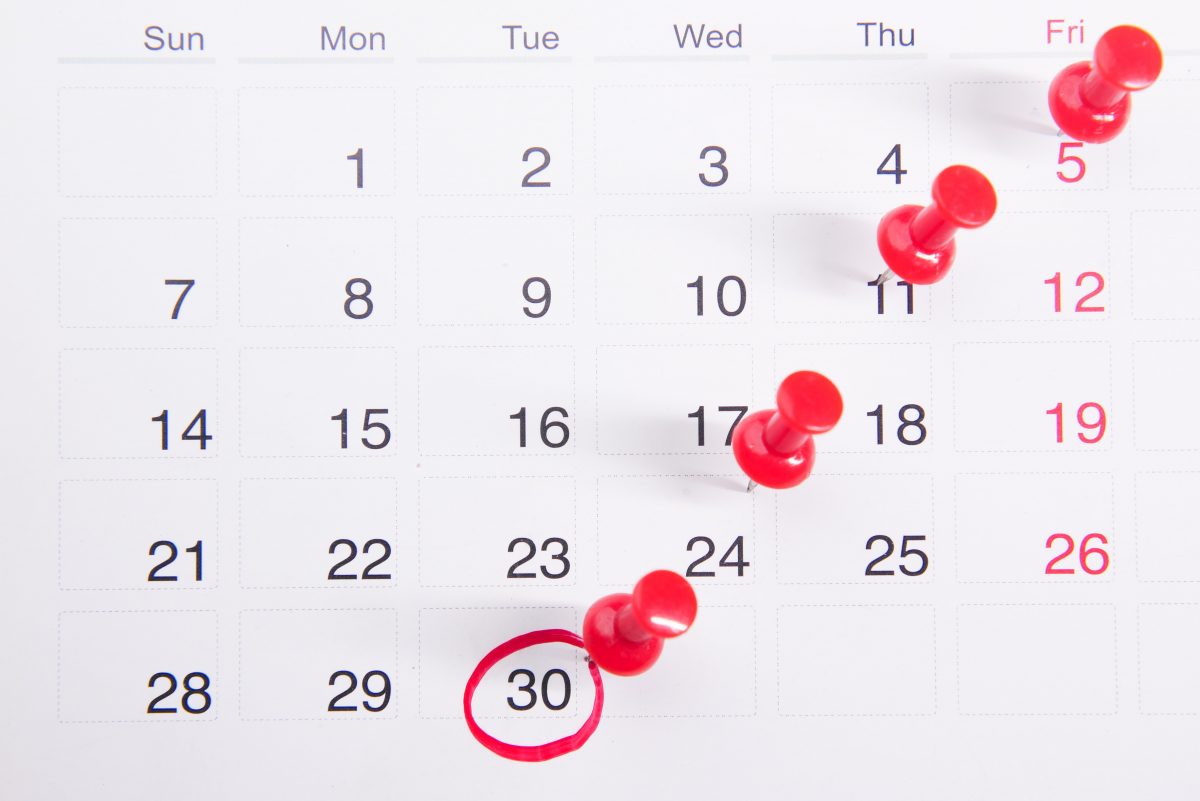Boost Exam Grades by Learning Test-Taking Strategies.

A final exam not only tests how well you have learned course material, it also gauges your test-taking ability. Students who know the strategies for answering objective test questions and writing successful essays are more relaxed at exam time and are often rewarded with higher grades.
Come Prepared
2. Get a good night’s sleep and eat a nutritious breakfast before the exam. Both will help you think more clearly. Arrive early to avoid the stress of last-minute rushing. Bring extra pens or pencils and a wristwatch to track the time.
Scan the Exam
3. Look over the entire exam before you begin, and ask questions if you don’t understand some of the directions.
Budget Your Time
4. Spend the most time on sections that are worth the most points. Don’t get bogged down on a confusing two-point question early in the exam, only to run out of time during the essay section. If you come across a question you are not sure about, put a question mark in the margin and go back to it later.
Complete Objective Sections First
5. Start the exam by completing an easy section to boost your confidence. Continue to work through the objective questions, noting facts you might be able to use in your essay.
True-or-False Questions
6. When answering True-or-False questions, look for qualifying words, such as “usually” and “sometimes.” These statements are usually true. On the other hand, statements that contain “never” and “always” are typically false. Read each statement carefully and study each part. If any part is false, the entire statement is false, such as in this example: “Sacramento, the largest city in California, is also the state’s capital.” (Sacramento is the capital of California, but not its largest city.)
Multiple-Choice Questions
7. Read the question, then try to answer it before looking at the choices provided. Eliminate choices you know are wrong. To decide among remaining answers, look for the one with the most information. An answer stated in a positive way is also more likely to be true than one framed in negative terms. Unless the test is set up to penalize guessing, always make an educated guess if you don’t know the answer.
Completion Questions
8. If the missing word is the subject of a statement, look at the predicate to see whether it is singular or plural. “A” or “an” before the blank will tell you whether the answer starts with a vowel or a consonant. Scan the true-or-false and multiple-choice sections for vocabulary words that might help you complete a sentence in this section.
Essay Questions
9. Pay attention to the action verb — describe, compare, evaluate or analyze — in an essay question. Each of these requires a different approach. Organize your thoughts by jotting down key words and a simple outline in the margin or on the back of the exam paper. Use logical transitions to move smoothly from one point to the next. The body should make up the bulk of your essay. Don’t overwrite the introduction and conclusion.
Look Over the Entire Exam
10. Always check over the entire exam before handing it in. Double-check your answers. Go back to areas you marked with a question mark and complete them. Look for questions you may have inadvertently skipped.




